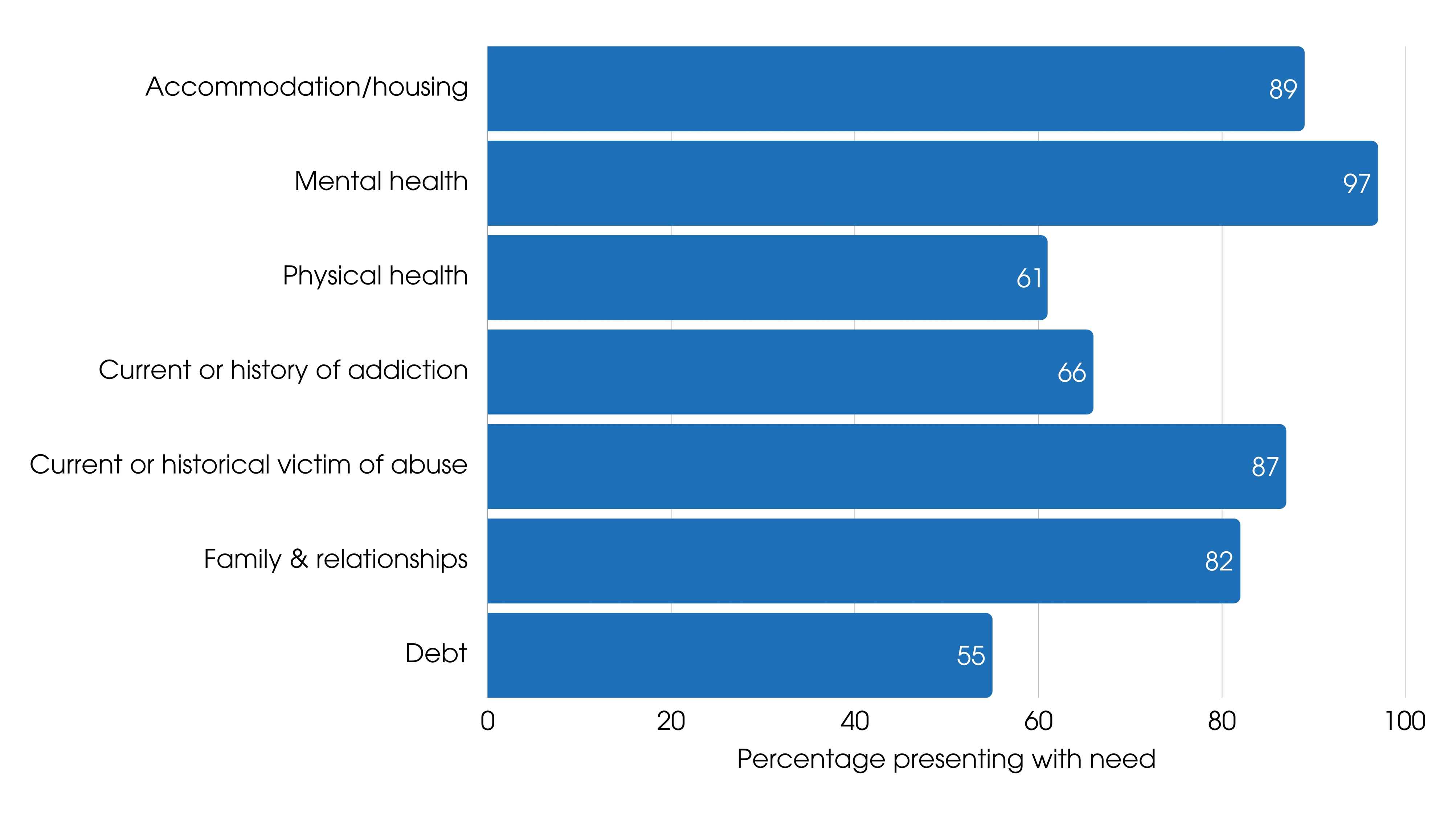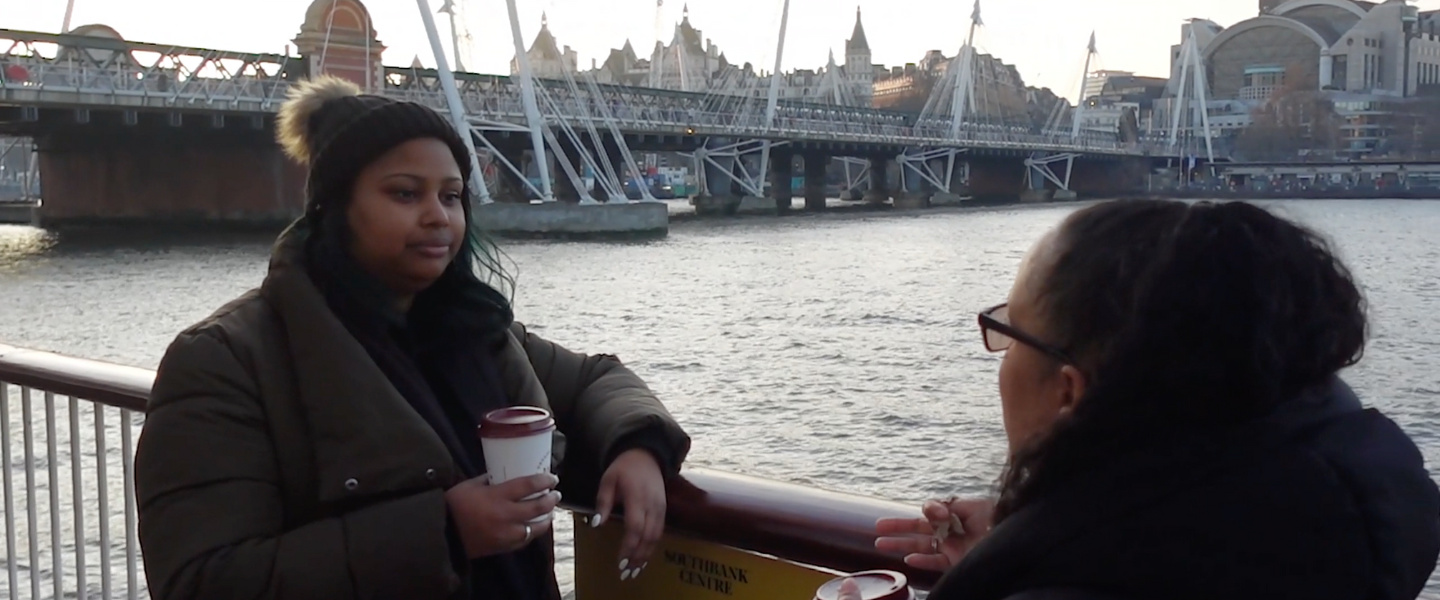30/07/2025
News
From pilot to policy: how Journeys to Freedom sparked systemic change for women leaving prison
As our pioneering resettlement project for women, Journeys to Freedom, comes to a close this month, Pact marks not just the end of a project, but the beginning of lasting change across the women’s prison estate.
Thanks to generous charitable funding from London Housing Foundation, Colyer-Fergusson Charitable Trust, City Bridge Trust, the Treebeard Trust, the Woodhaven Trust and the Lawson Trust, Journeys to Freedom has supported nearly 100 women with complex needs leaving prisons in London and the South East. While the project itself has ended, its legacy lives on in a new national approach: the introduction of dedicated Family Resettlement Workers across the women’s prison estate, commissioned by His Majesty’s Prison and Probation Service (HMPPS).
Responding to the complex needs of women leaving prison
Women leaving prison often face distinct and complex challenges compared to their male counterparts. Many have experienced abuse, trauma, or substance misuse, and a significant number are primary carers for dependent children. Securing appropriate accommodation is a major concern, with a direct impact on women's mental health, parenting responsibilities, and chances of finding employment.

A small but impactful project, Journeys to Freedom has worked to reduce reoffending by offering holistic, person-centred support to women. Its three-stage approach includes preparation before release, support on the day of release, and continued support in the community for up to six months. Over its six-year duration and despite the challenges posed by a global pandemic, the project adapted to meet the evolving needs of the women it served. A 2023 evaluation found that the programme achieved ‘excellent outcomes’, empowering women to reintegrate successfully into the community and significantly lowering their risk of returning to prison.
Francine’s resettlement journey
In the weeks leading up to her release, Francine met with her Journeys to Freedom keyworker, Theresa, to plan for her return to the community. Facing homelessness, Francine was eligible for temporary CAS-3 accommodation in London. She hoped to be rehoused with her son, but because he had been living with his father, the council classified her as a single applicant, making it difficult to secure suitable housing for them both.
Together, Francine and Theresa created a personalised action plan for the months ahead. They explored the thoughts and behaviours that Francine felt might hold her back and discussed strategies for managing them. These included addressing the long-term impact of childhood trauma, breaking patterns of unhealthy relationships, and seeking support for her mental health through her GP and a counsellor. On release day, Theresa accompanied her to her accommodation and continued to support her in the weeks that followed, including helping with in-work benefits and attending meetings with her probation officer.
As her CAS-3 accommodation came to an end, Francine faced homelessness. With Theresa’s support, she made a last-minute attempt to access emergency accommodation through the local council. However, despite initial support from staff, the council ultimately refused to house her, leaving Francine in tears and vulnerable over the weekend. Fortunately, thanks to urgent interventions by Theresa, Francine’s probation officer, and Theresa’s contacts at other charities, temporary hotel stays were arranged to keep her safe.
Following further escalation by a senior probation officer, the council finally provided Francine with temporary accommodation just before Christmas. She moved in with Theresa’s support, and Francine was able to spend the holidays with her son, looking ahead to a more hopeful New Year.
Francine’s story demonstrates the plight of many women leaving prison, hoping to be reunited with their children. Caught in a Catch-22, regaining custody depends on suitable accommodation, but securing that accommodation depends on already having custody. The situation was recently brought to life on the big screen in Daisy-May Hudson’s 2024 film, Lollipop, which follows a mother’s struggle to navigate the system. Without effective resettlement support, women like Francine often end up on the streets or back behind bars.
The legacy of Journeys to Freedom
Throughout Journeys to Freedom’s duration, we have used our findings to actively contribute to national conversations on accommodation and resettlement for women leaving prison. We submitted evidence to the Reducing Reoffending Third Sector Advisory Group (RR3) Special Interest Group on Accommodation, which brings together the voluntary sector, the Ministry of Justice, and HMPPS. We also shared insights at a Mayor's Office for Policing and Crime (MOPAC) event focused on housing for people leaving prison.
In recognition of the project’s impact and the clear need for tailored support, HMPPS has funded 11 Family Resettlement Workers across the women’s prison estate. This marks a significant and welcome step toward more informed, compassionate, and effective resettlement services for women. We hope this investment signals the beginning of a long-term commitment to this approach. It is also vital that the insights and learning from Journeys to Freedom are reflected in the development of the new Community Rehabilitative Services (CRS) model for women, ensuring that the right support is available in the community.
Regional Director of Services Tina Pritchard shares: “Journeys to Freedom has shown the critical need for support that bridges the transition between prison and the community. Not only should resettlement planning begin before release, but women also need a compassionate, reliable professional who can help them navigate the first days and weeks of their new life.
“We’re deeply grateful to HMPPS for recognising this need and responding with meaningful investment, and to our funders, whose support has helped lay the foundations for a national resettlement programme for women.”

